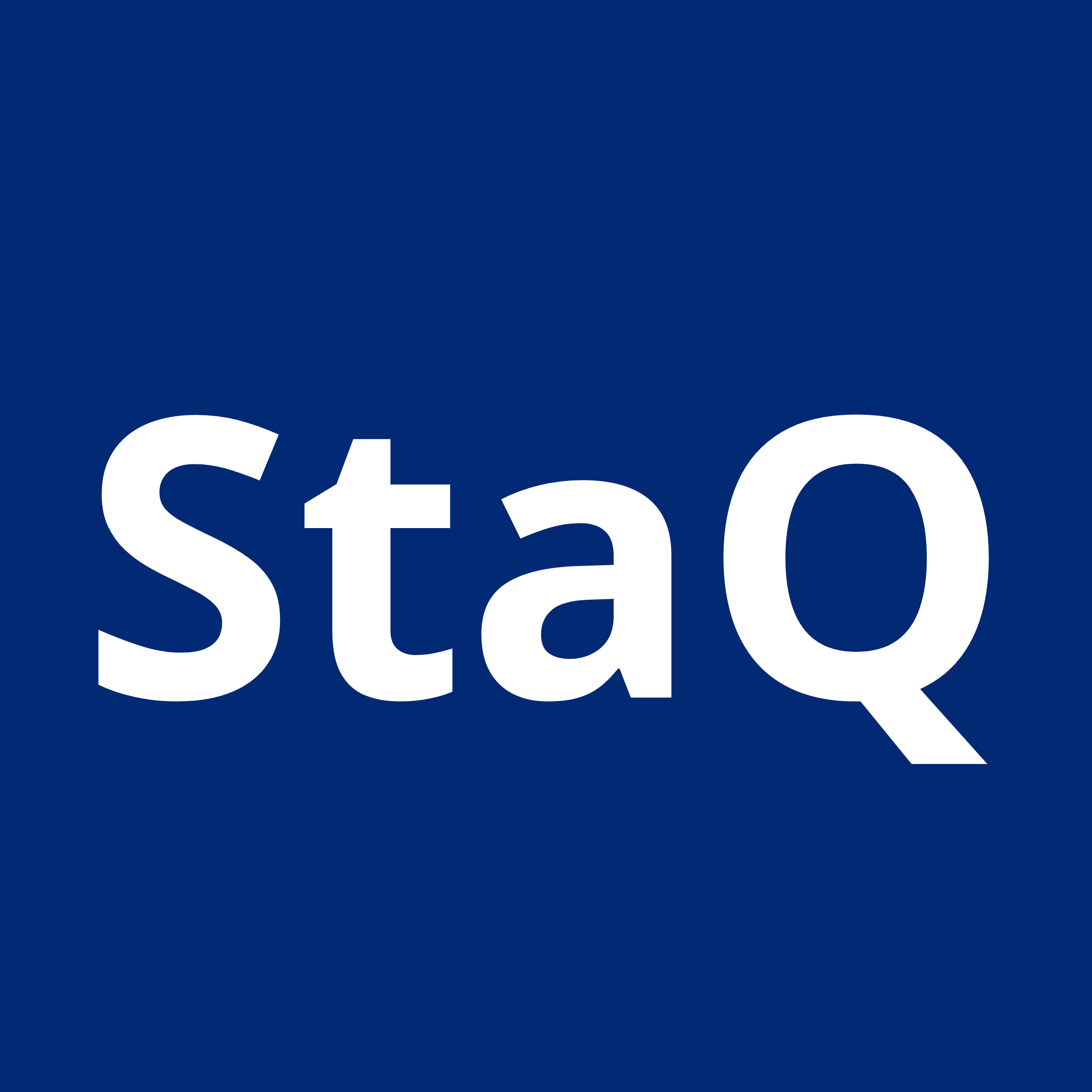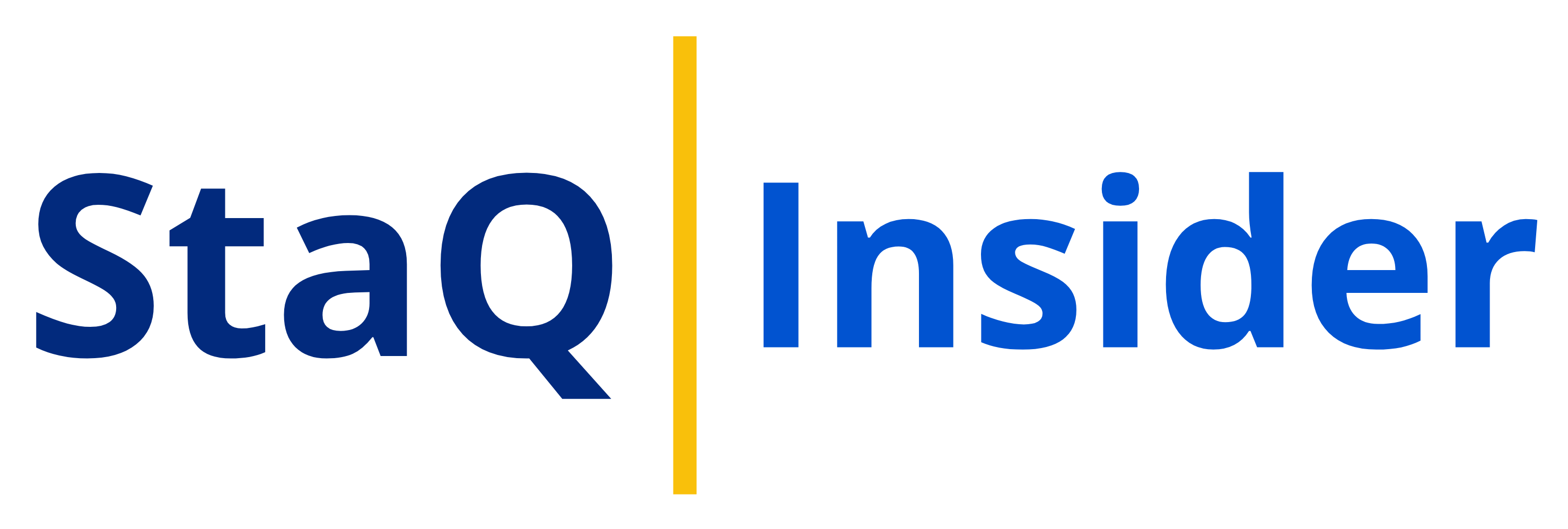Gone are the days of one-size-fits-all workplaces. The rise of remote and hybrid work models demands a new approach to managing your people. But fear not! The right HCM software can be your secret weapon, empowering you to thrive in this flexible future. Don’t get left behind; unlock the competitive edge by leveraging HCM software’s transformative potential for remote and hybrid workforce management.
What is HCM Software?
Human capital management (HCM) software is a comprehensive suite of tools and applications that help organizations manage all aspects of the employee lifecycle, from recruitment and onboarding to performance management and payroll. HCM software is designed to streamline HR processes, improve workforce productivity, and enhance the overall employee experience.
How Does HCM Software Go Beyond HR Tasks?
HCM software goes beyond traditional HR tasks like payroll by providing a holistic view of your workforce and offering tools to strategically manage your talent. Here’s the breakdown:
-
Core HR tasks like payroll, benefits administration, and time tracking are automated and streamlined, freeing up HR’s time.
-
Data analysis capabilities provide insights into employee performance, engagement, and skills gaps. This allows for strategic decision-making on talent acquisition, development, and retention.
-
HCM software often integrates with other business tools, creating a unified system for managing the employee lifecycle, from recruitment to retirement.
-
Features like succession planning, skills gap analysis, and workforce forecasting help organizations proactively manage their talent and ensure they have the right people in the right roles at the right time.
Simply put, HCM software moves HR beyond administrative tasks and empowers them to be strategic partners in achieving business goals.
Key Challenges of Remote and Hybrid Work Environments
The flexibility of remote and hybrid work models comes with its own set of hurdles. Here are some of the biggest challenges organizations face in these environments:
-
Communication & Collaboration: Staying connected and collaborating can be tough across locations.
-
Company Culture: Building and maintaining a strong culture gets trickier without physical interaction.
-
Employee Engagement: Remote workers might feel isolated and struggle with motivation.
-
Work-Life Balance: Blurring lines between work and personal life can lead to burnout.
-
Management & Oversight: Managing and trusting remote employees requires new approaches.
-
Security & Data: Protecting data becomes tougher with remote access.
-
Technology & Equipment: Providing the right tech & equipment is crucial for remote work.
-
Fairness & Equity: Ensuring a level playing field for both remote and in-office employees is important.
By understanding these challenges, companies can take proactive steps to mitigate them and create a successful remote or hybrid work environment for everyone.
How Does HCM Software Address Distributed Workforce Challenges?
HCM (Human Capital Management) software plays a crucial role in addressing the challenges of managing a remote and hybrid workforce. Here’s a deeper dive into each area:
Centralized Employee Data and Information Management:
-
Single Source of Truth: HCM creates a central hub for all employee data, like contact information, benefits enrollment, and performance reviews. This eliminates confusion and ensures everyone (remote managers, employees in different locations) has access to the same accurate information.
-
Easy Access: Employees working from anywhere can access their paystubs, update personal details, or request time off through the HCM system. Remote managers can easily track team progress and performance metrics.
Time and Attendance Tracking:
-
Flexibility: HCM caters to diverse work styles. It can track hours worked remotely, in the office, or across different time zones. It can also handle flexible schedules and non-traditional work hours.
-
Accuracy: Automated time tracking with features like clocking in/out through the HCM app or integrating with project management tools ensures accurate work hour records and simplifies payroll processing.
Performance Management and Engagement:
-
Remote-friendly Tools: HCM offers tools for setting clear goals, providing feedback through online portals, and conducting performance reviews virtually. This ensures remote employees are kept informed and engaged.
-
Motivation and Recognition: HCM can facilitate recognition programs with virtual badges or rewards, boosting morale and fostering a sense of accomplishment despite physical distance.
Recruitment and Onboarding:
-
Streamlined Hiring: HCM can handle the entire hiring process – from posting jobs and managing applications to conducting video interviews and onboarding remotely. This allows you to attract top talent regardless of location.
-
Virtual Onboarding: HCM facilitates virtual onboarding with pre-recorded videos, online training modules, and access to company documents and resources. This ensures new hires, even remote ones, feel welcome and prepared.
Payroll and Compensation Management:
-
Automated Processing: HCM automates payroll calculations and tax deductions, ensuring accuracy and timely payments for remote employees, regardless of location.
-
Compliance: HCM stays updated on local labor laws and regulations, ensuring compliance with complex tax and payroll rules for geographically dispersed teams.
Analytics and Reporting:
-
Data-driven Decisions: HCM provides valuable insights into workforce trends, like productivity by location, team performance, and absenteeism rates. This allows HR to make informed decisions regarding remote work policies and resource allocation.
Hence, by leveraging HCM technology, organizations can effectively address the challenges of communication, productivity, engagement, security, and workforce management in a remote and hybrid work environment.

Evaluating and Selecting the Right HCM Software
Choosing the right Human Capital Management (HCM) system can significantly impact your organization’s efficiency and employee satisfaction. Here’s a breakdown of the key steps to evaluate and select the perfect HCM software for your needs:
Key features to look for in an HCM solution for remote/hybrid teams
Here are some key features to look for in an HCM (Human Capital Management) solution for remote/hybrid teams:
-
Accessibility and Cloud-Based:
-
Cloud-based: Accessible from anywhere with an internet connection, allowing remote employees to easily access HR functions [cloud based HR solutions for remote teams].
-
Mobile-friendly: A mobile app for easy access to core functionalities on the go.
-
-
Communication and Collaboration:
-
Communication tools: Built-in chat, messaging, or video conferencing for seamless communication between employees, managers, and HR.
-
Document sharing and collaboration: Secure platform for sharing documents, fostering teamwork even when geographically dispersed.
-
Company announcements and newsfeed: Centralized platform to keep employees informed and engaged.
-
-
Onboarding and Talent Management:
-
Remote onboarding tools: Streamlined process for onboarding new hires remotely, with features like digital paperwork and e-signatures.
-
Performance management: Tools for setting goals, tracking progress, and providing performance feedback remotely.
-
Learning management system (LMS): Platform for delivering and managing online training programs for remote employees.
-
-
Core HR functionalities:
-
Payroll processing: Accurate and secure payroll processing for geographically dispersed teams.
-
Benefits administration: Easy online enrollment and management of employee benefits.
-
Time and attendance tracking: Flexible options for remote employees to track work hours.
-
-
Additional features to consider:
-
Employee self-service portal: Empowering employees to manage their own HR information (e.g., paystubs, benefits, time off requests).
-
Employee recognition tools: A way to recognize and appreciate employees for their contributions, even when remote.
-
Analytics and reporting: Data-driven insights to help HR understand and optimize remote work practices.
-
Remember: The specific features you need will depend on the size and structure of your organization, as well as your unique needs. Consider conducting a thorough needs assessment before choosing an HCM solution.
Top 10 HCM Software for Distributed Workforces
Here are some of the top 10 HCM software for distributed workforces:
-
Zoho HCM:
Zoho HCM is an all-in-one HR solution that is designed for businesses of all sizes. It offers a comprehensive suite of features, including core HR, payroll, time and attendance, recruitment, performance management, and learning management. Zoho HCM is a good option for distributed workforces because it is cloud-based and mobile-friendly, which means that employees can access their HR information and complete HR tasks from anywhere.
-
Rippling:
Known for its all-in-one approach to HR, Rippling offers a suite of tools that manage payroll, benefits, onboarding, offboarding, time tracking, and performance management. Its cloud-based platform is easy to use and integrates seamlessly with a variety of other business applications, making it a great option for companies looking for a unified HR solution.
-
Infor WFM:
Infor WFM is a workforce management solution that helps businesses optimize their labor costs and improve employee productivity. It offers a variety of features, including time and attendance tracking, scheduling, forecasting, and analytics. Infor WFM is a good option for distributed workforces because it can help businesses track employee hours and ensure that they are compliant with labor laws in different jurisdictions.
-
Ceridian Dayforce HCM:
Ceridian Dayforce HCM is a cloud-based HCM solution that offers a comprehensive suite of features, including core HR, payroll, benefits, talent management, and workforce management. Ceridian Dayforce HCM is a good option for distributed workforces because it is scalable and can accommodate the needs of businesses of all sizes.
-
ADP Vantage HCM:
ADP Vantage HCM is a cloud-based HCM solution that offers a comprehensive suite of features, including core HR, payroll, benefits, talent management, and workforce management. ADP Vantage HCM is a good option for distributed workforces because it is scalable and can accommodate the needs of businesses of all sizes.
-
BambooHR:
BambooHR is an HRIS (HR information system) that is designed for small and medium-sized businesses. It offers a core set of features, including core HR, payroll, benefits, and time tracking. BambooHR is a good option for distributed workforces because it is easy to use and affordable.
-
UKG Pro:
UKG Pro is a comprehensive HCM solution that is designed for mid-sized and large businesses. It offers a wide range of features, including core HR, payroll, benefits, talent management, workforce management, and learning management. UKG Pro is a good option for distributed workforces because it is scalable and can accommodate the needs of businesses of all sizes.
-
Oracle Cloud HCM:
Oracle Cloud HCM is a cloud-based HCM solution that offers a comprehensive suite of features, including core HR, payroll, benefits, talent management, workforce management, and learning management. Oracle Cloud HCM is a good option for large enterprises that need a scalable and feature-rich HCM solution.
-
SAP SuccessFactors:
SAP SuccessFactors is a cloud-based HCM solution that offers a comprehensive suite of features, including core HR, payroll, benefits, talent management, workforce management, and learning management. SAP SuccessFactors is a good option for large enterprises that need a scalable and feature-rich HCM solution.
-
Workday:
Workday HCM is a cloud-based solution that offers a comprehensive suite of features, including core HR, payroll, benefits, talent management, workforce management, and learning management. Workday is a good option for large enterprises that need a scalable and feature-rich HCM solution.
These are just a few of the many HCM software options available for distributed workforces. The best HCM software for your business will depend on your specific needs and requirements.
Finding the right software shouldn’t feel like searching for a needle in a haystack. StaQ.ai is revolutionizing how businesses discover the perfect software solutions. This curated marketplace cuts through the clutter, offering a streamlined platform to find the tools you need to thrive. Visit StaQ.ai to unlock your software success story!




